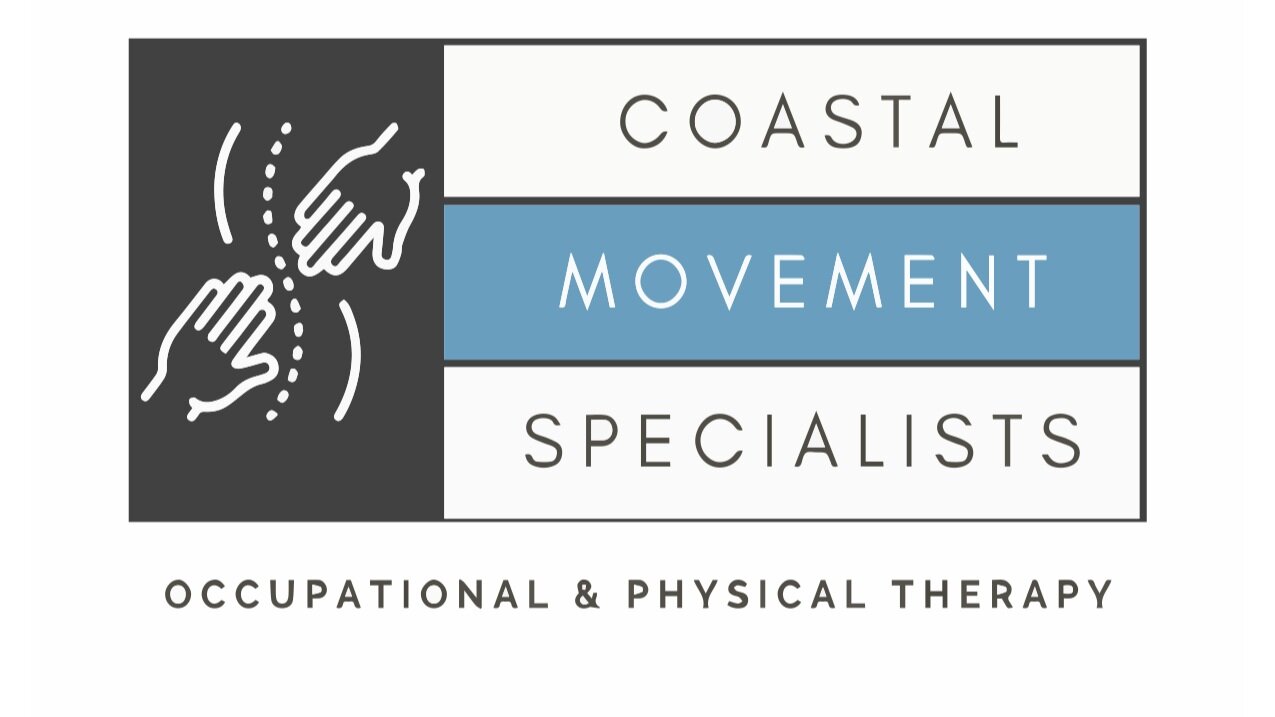ACL Physical Therapy Charleston, SC
Your knee is one of the most complex and significant joints in your body. Knees are critical for supporting your body and allowing everyday movements such as walking, sitting, and standing. The knee is a hinge joint that includes your femur (thighbone), tibia (shinbone), and patella (kneecap). In addition to these bones, the knee is made up of cartilage, tendons, and ligaments. Ligaments connect your bones to each other, and one of these is the anterior cruciate ligament (ACL). Learn more below about ACL injuries and how our trained physical therapists can help relieve pain, improve movement, and return you to an active lifestyle.
+ Why Are Knee Ligaments Important?
Four main ligaments hold the knee together to create the strength and stability necessary for routine and athletic movements. These ligaments are categorized into two types:
• Collateral ligaments. The pair of collateral ligaments are located on the sides of your knee and limit side to side movement of the joint.
• Cruciate ligaments. Your knee has two cruciate ligaments on the inside of your knee. One is found on the front and one on the back of each joint. These cross each other to stabilize the knee against any excessive back and forth motion.
+ What Is an ACL?
The finger-sized ACL is a critical ligament that connects the front of your shinbone to the back of your thighbone. The ACL has several vital functions:
• It stabilizes the knee during twisting and turning movements.
• It prevents the shinbone from sliding too far forward from the thighbone.
• It provides strength and stability for quick pivot and cutting movements.
+ ACL Injuries
ACL injuries are usually classified according to three degrees of severity:
• Grade 1 Sprain. This is the mildest injury and usually does not require surgery. Grade 1 ACL sprains occur when the ligament’s fibers are stretched but don’t tear.
• Grade 2 Sprain. These injuries include partially torn ligament fibers, more pain, and some joint instability. Not all grade 2 sprains require surgery.
• Grade 3 Sprain. This is the most common ACL injury that occurs during athletic participation. Symptoms are severe, and knee surgery is required.
+ Causes of ACL Injury
ACL injuries typically occur suddenly and usually result from:
• Planting your foot
• Landing on one leg after jumping
• Receiving a blow to the knee
• Suddenly stopping while running
Many of these movements happen during sports, which is why a Grade 3 sprain is the most common for athletes.
+ Symptoms of ACL Injury
The symptoms of ACL injury vary according to the type of injury. Symptoms can include:
• Mild tenderness or severe pain
• Joint stiffness
• A loud popping noise or sensation
• Mild to severe and rapid swelling
• Joint instability
+ Diagnosis for ACL Injury
Diagnosing an ACL injury includes a physical exam to detect the level of pain, swelling, and range of motion. Confirming the diagnosis may require one or more tests, including:
• X-rays to detect any bone fracture
• MRI to examine for damage to soft tissue such as cartilage
• Ultrasound to check for tendon, ligament, or muscle damage
+ Treatment for ACL Injury
Depending on the severity of the injury, treatment can include one or more of the following:
• Rest
• Physical therapy
• Surgery
+ How Physical Therapy Can Help
Our trained physical therapists can help you restore the strength, stability, and mobility of your knee so that you can return to an active lifestyle. We create an individualized treatment plan including:
• Strength training
• Range of motion exercises
• Balance training
• Stretching
• Therapeutic exercise
• Functional training
Schedule an Appointment
Located on Johns Island, SC, Coastal Movement Specialists serves the entire Charleston area. Contact us today to schedule an appointment with our experienced physical or occupational therapists.
